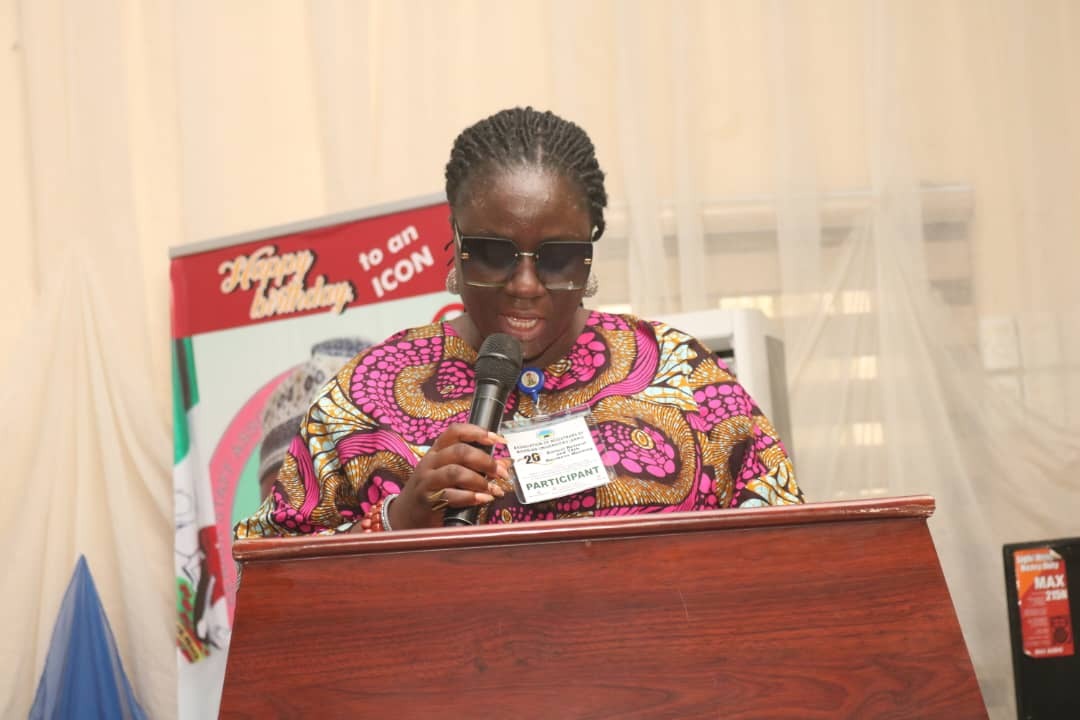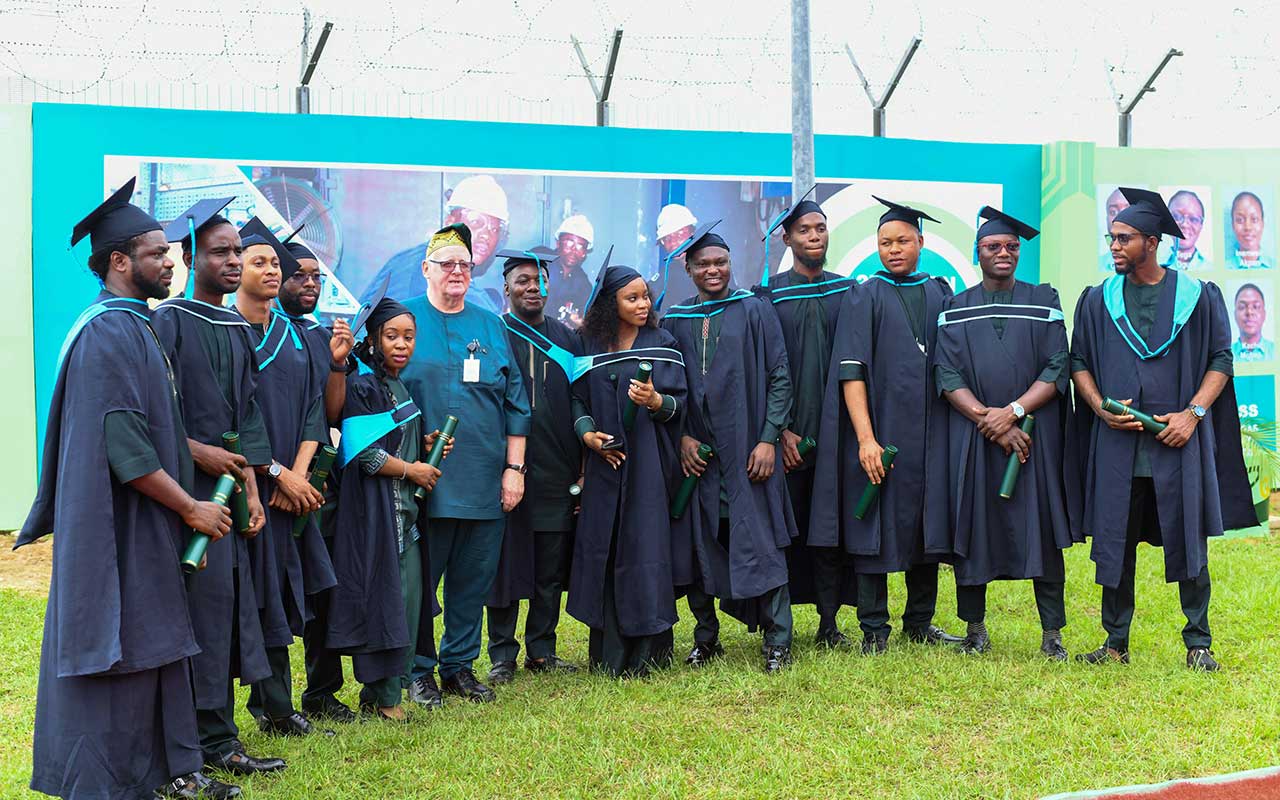Experts have called for a new framework to tackle the disconnect between skills demanded by industry and academic curriculum to end the low employability of graduates.
They made the call at the Nubian American Advanced College (NAAC) Business Leadership roundtable themed: ‘Realigning tertiary education for Nigeria’s growth and sustainable development conceptual framework,’ held at the school’s campus in Lekki, Lagos.
A representative of the Nigeria Employers’ Consultative Association (NECA), Mr. Adewale Oyerinde, lamented that while universities continue to churn out graduates, many remain ill-equipped for the demands of the modern workplace.
Oyerinde, citing the National Bureau of Statistics’ first quarter 2024 report, said Nigeria’s unemployment rate stands at 5.3 per cent, with youth unemployment and under-employment disproportionately high.
“Yet, employers continue to report difficulty finding suitably skilled entry-level candidates.” He said the gap persists due to outdated curriculum, limited industry–academia collaboration, deficits in soft skills, digital illiteracy, lack of work-based learning opportunities, underfunding and brain drain.
Oyerinde lamented that employers are compelled to retrain fresh graduates due to these problems, leading to increased operational costs and inefficiencies.
To address these challenges, Oyerinde advocated a sustained collaboration between academia, industry, and government. He said the collaboration would help in reshaping the trajectory of Nigeria’s education system and, by extension, secure a more prosperous and competitive future for the nation.
To bridge the employability gap, he said urgent steps should be taken to foster stronger collaboration between academia and industry, ensuring that the curriculum is not only relevant but also responsive to labour market realities.
He said equally critical is the need to leverage Transnational Education (TNE) as a strategic avenue for infusing global standards into local learning systems.
“TNE offers an opportunity to improve access to quality education, expose students to international best practices, and elevate the capacity of Nigerian institutions through credible partnerships with foreign universities,” he noted.
Chairman of the college, Dr Azhinoto Ikpah, said the curriculum should be developed in such a way that it is relevant to industries. While stressing the need for collaboration between businesses and tertiary institutions, Ikpah said regulators of the various sectors should be brought to face the realities of harmonising the needs of the workplace.
Chairman of the occasion and Archdeacon of Abijo Archdeaconry, Kiri Wakama, said Nigerians must upgrade their methods of preparing the next generation.
Beyond teaching theory in classrooms, Wakama stressed the need to foster practical experience, encourage innovation, and build strong bridges between academic institutions and industries.
Wakama noted that when businesses contribute to curriculum development, they ensure that the skills and knowledge taught are current and relevant.
Permanent Secretary, Ministry of Tertiary Education, Lagos State, Adeniran Kasali, said to achieve global competitiveness, the higher education curriculum must be reviewed.
Executive Secretary, National Board for Technical Education (NBTE), Prof. Idris Bugaje, said the board’s strategy for Technical and Vocational Education and Training (TVET) is to continually lay down standards of skill to be attained, and constantly review such standards as may be necessitated by technological and national needs.






